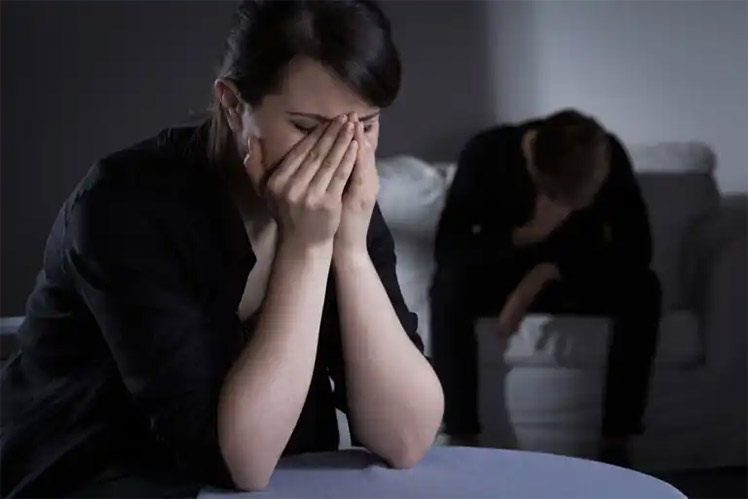The relationship with the deceased, the cause of death or the time elapsed since the death are factors that could end the life of someone with this health problem, and the greatest danger is in the first week.
According to the journal JACC: Heart Failure, “The association between bereavement and mortality was seen not only in cases of loss due to cardiovascular disease and other natural causes, but also in cases of unnatural death.”
People with HF when they lose a loved one in the first week have a general risk of dying of 78%, but if it is a child it is 31%, if it is their partner 113%.
Interestingly, it is not in danger if it loses the father, the scientists argued.
Grief can activate the hypothalamic-pituitary-adrenal axis, an important neuroendocrine system that regulates stress and emotional response.
It can also trigger a reaction in the renin-angiotensin-aldosterone system and in the sympathetic nervous system, which are the main features of the neuroendocrine response in HF, the specialists pointed out.
“The results of the study may require greater attention from family members, friends and professionals involved in bereaved heart failure patients, especially in the period immediately following the loss,” the experts suggest.
ef/acl/joe










